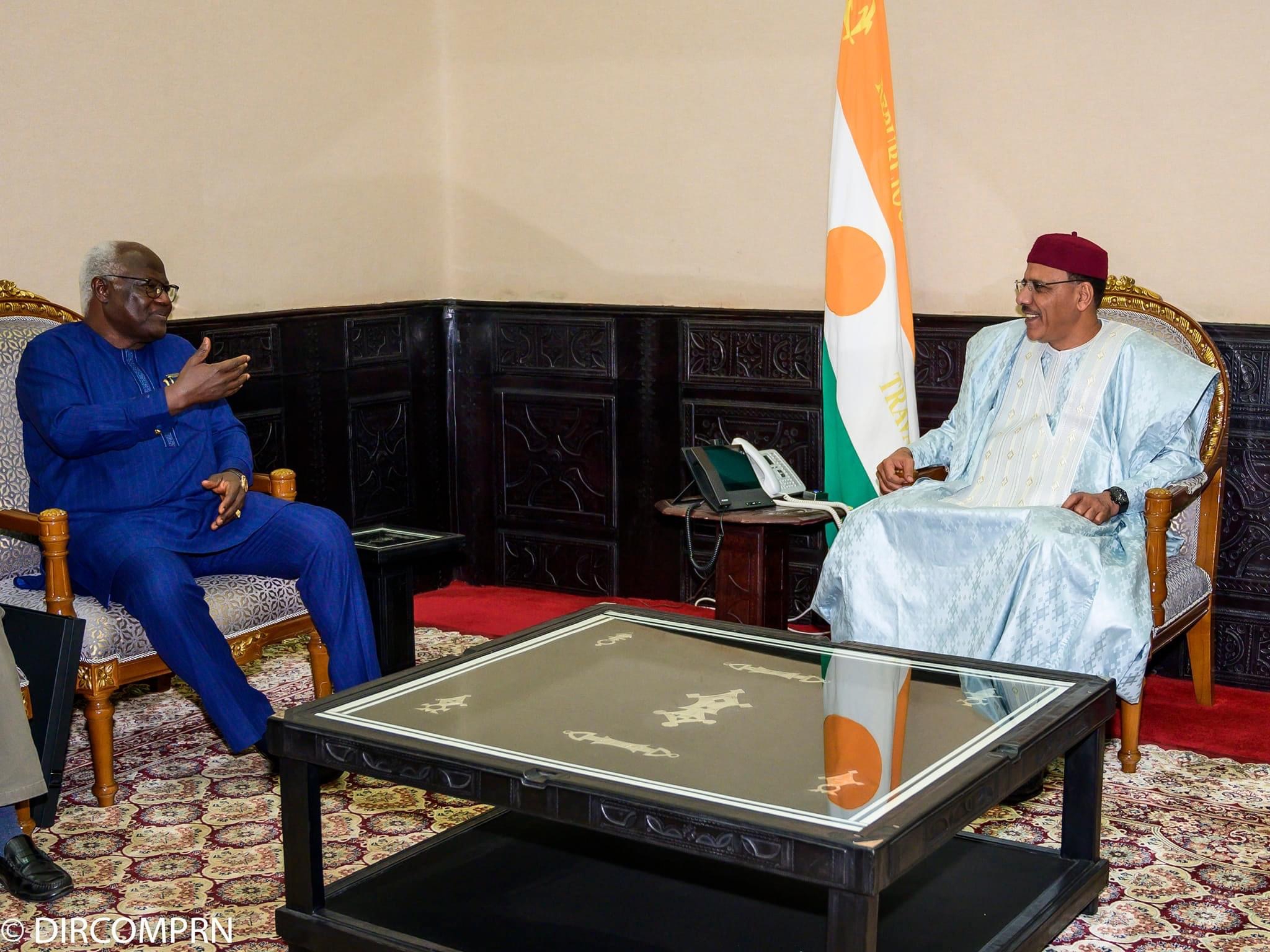By Sheriff Mahmud Ismail
Like the others, the Niamey roundtable was incredibly instructive on the security situation in Niger, Mali, Burkinafaso and even Nigeria. While the views expressed in Niamey aligned with the views expressed during the preceding roundtables, the participants also deliberated on how Niger has been managed in avoiding outright instability and how this comes down to strong leadership and institutions.
The dialogue further brought to the fore how leadership failure and lack of opportunities in Africa are turning young people against their countries. It was clear that economic hardship and poor political leadership breed extremism. Disappointed, angry and desperate, young people do not resign to fate; they explore every means to improve their living conditions, to find their voices and to exercise power.
Outside the roundtables, the high handedness of the security services has been identified by a UN study as one factors fuelling violent extremism. The study titled: Military and Police Abuses Are a Key cause of Africa’s Surge of Violent Extremism,” says human-rights abuses by military and police forces are one of the key factors that push Africans into violent extremist groups. The study made the conclusion after more than 1,000 interviews with former jihadist fighters.
While the intensity of violent extremism appears to be declining in other parts of the world, the phenomenon has reported gathered pace in Africa, claiming more lives on the continent than in other regions.
A separate report recently, by the Africa Center for Strategic Studies, confirmed the trend. It found that the number of deaths linked to militant Islamist groups in Africa had surged by 48 per cent last year, while the number of violent events by such groups had increased by 22 per cent, reaching a new record. Globe and Mail.
This reality is part of the motivation for the Brenthurst Foundation efforts to Solicit fresh insights and explore new approaches to respond to the deteriorating security situation in Africa.
After his meeting at State House with President Mohamed Bazoum, former president Koroma said he was particularly heartened by Niger’s president’s directness, clear vision and commitment to the cause of stability and economic development of the region.
President Koroma also held discussions with Niger’s immediate past President at his resident in Niger. At the end of the meeting, he said it’s helpful that fmr Pres. Issoufou has the space to support his nation and is contributing significantly to regional stabilization efforts.
The consensus from the five- nation dialogue and the severity of the threat of insecurity highlighted the fact that stronger collaboration within and outside the region, inclusive good governance, decisive leadership and practical engagement with the youths are imperatives which are central in alleviating the challenges of stability and lack of economic growth in the region.













